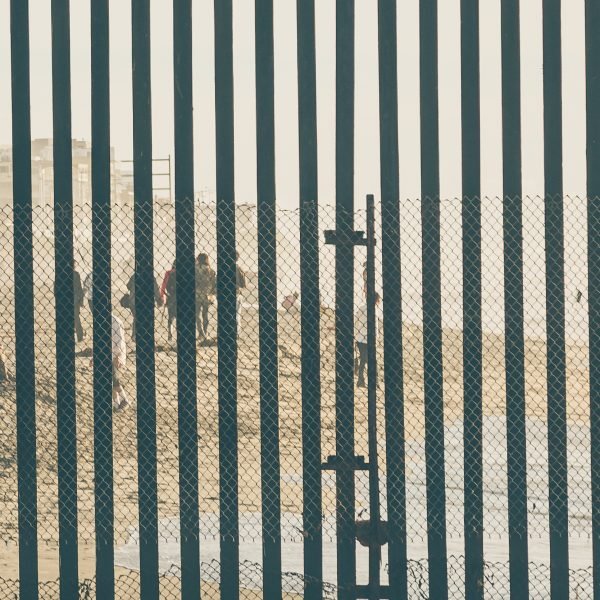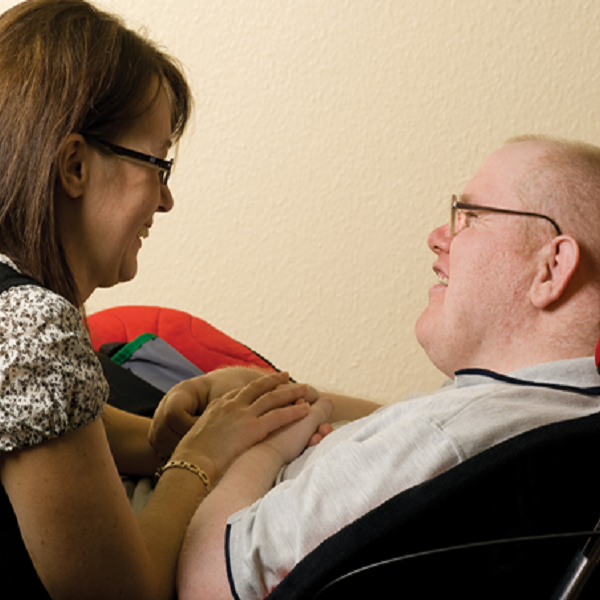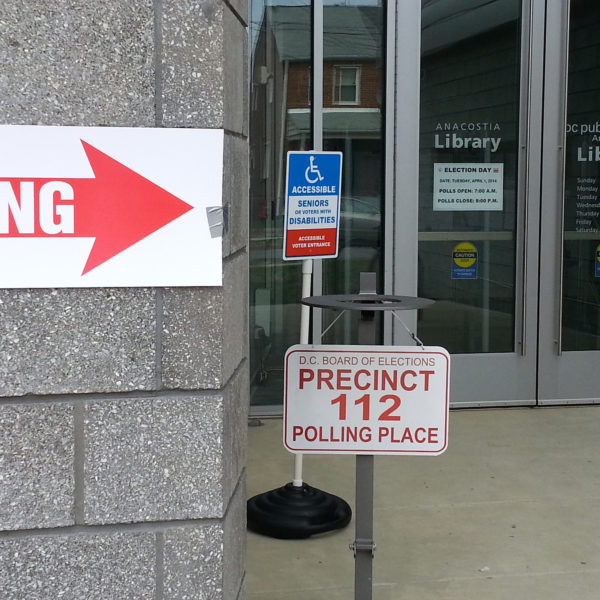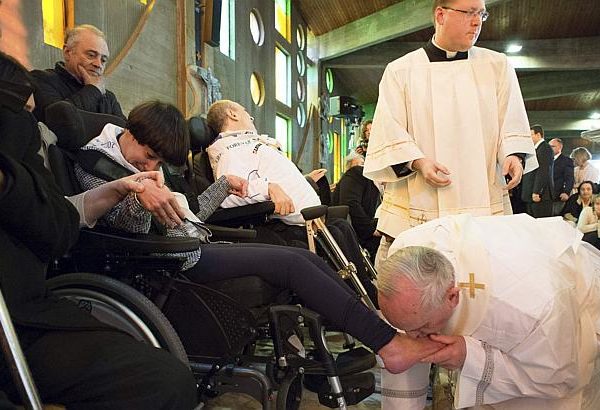
Luke’s wordplay allows us to see this story as something larger than a particular Jesus event with a particular woman in a particular synagogue on a particular Sabbath. A one-off, straightforward healing event can be described without such wordplay. Through the creativity of his storytelling, Luke makes this moment a signal event, about a Daughter of Abraham and the work of the Christ.
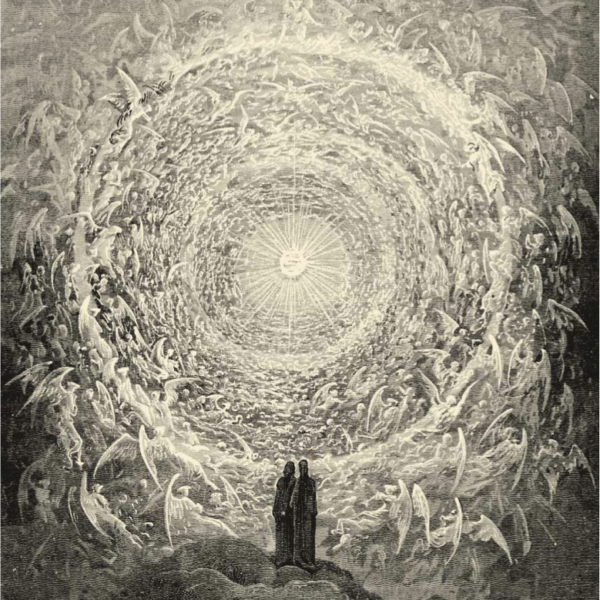
Scratch beneath the surface, and eugenic logic flows deep and wide. It is one thing to be moved by pity and engage in charity, or even to be moved by justice and seek to dismantle structural barriers that impede disabled people from flourishing. But it is quite another thing to imagine . . . how and why we might “conserve” disability against the possibility of a curative future.
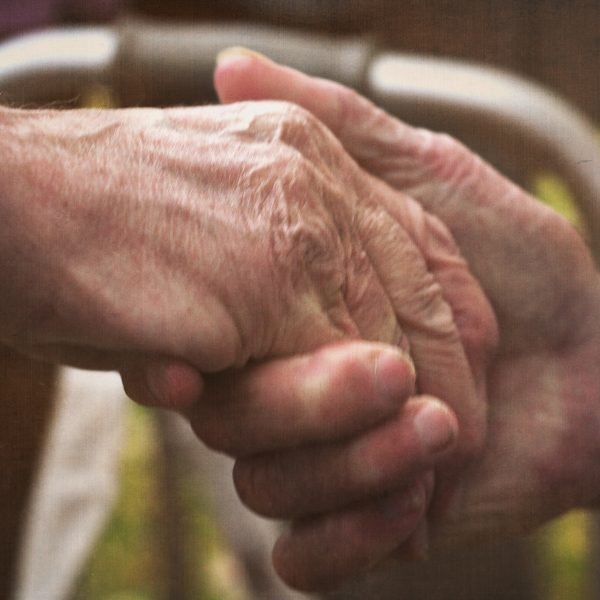
…theologies of disability can aid human flourishing, because caring for people of varied abilities made in God’s image allows us all to create more just and compassionate political systems

This special issue on “Human Dignity, Religion, and Rights in Contemporary China” features debates over religion and politics in China today. Political theology in China raises many questions that western readers will find familiar, but the Chinese context often requires different answers, so that gaining familiarity with the Chinese discussion can broaden our view of the available options at the intersection of religion and politics.

